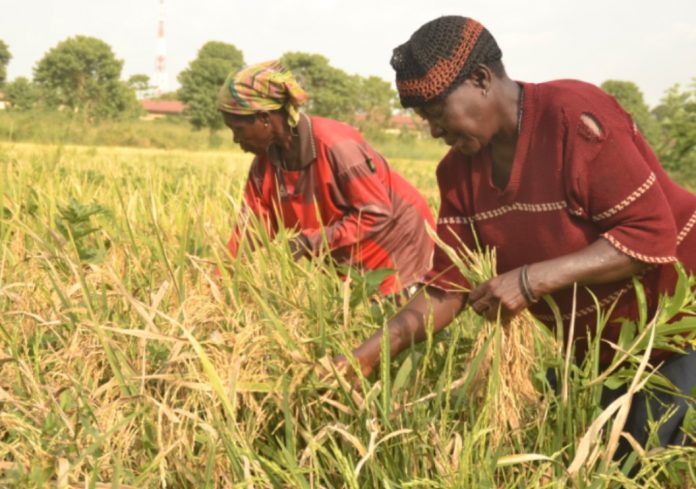News in brief:
â Nigeria is relying on eight key states to achieve the countryâs food security goals, particularly focusing on dry season farming with crops like wheat, rice, maize, and cassava.
â Agriculture minister expressed confidence in surpassing the 400,000-hectare farmland cultivation target with cooperation from state and local government authorities.
Nigeriaâs minister of Agriculture and Food Security, Senator Abubakar Kyari, has disclosed that the federal government is counting on eight frontline states to achieve the countryâs food security agenda. The eight states identified as crucial to the food security plan are; Kastina, Borno, Niger, Jigawa, Kano, Kebbi, Zamfara, and Sokoto.
Kyari made this revelation while receiving the Governor of Kastina State, Malam Dikko Umaru Radda, in his office ahead of the planting season. He emphasised the importance of the dry season farming program, which will focus on crops like wheat, rice, maize, and cassava.
Also, the Minister expressed confidence that the ministry can surpass the target of cultivating 400,000 hectares of farmland set by President Bola Tinubu for this yearâs food production. However, he stressed the need for cooperation from state and local government authorities.
He stated the administrationâs commitment towards ensuring food security for the nation. According to him, the administration is not just working to improve food security but to also reduce the nationâs poverty reduction and create jobs.
Furthermore, he disclosed that the ministry can exceed the presidentâs target if the local government come up with an accurate and verifiable list of farmers. Kyari also revealed plans to establish a joint task force with the states to ensure the success of the farming program.
Meantime, Governor Radda, in his remarks, assured the federal government of Kastina Stateâs commitment to the food security initiative. He highlighted the stateâs position as the highest producer of maize and high-quality cotton, sesame, soya beans, and millet.
Radda further explained the stateâs efforts to boost agricultural production, including the launch of an irrigation scheme that supports 2,000 farmers with solar pump machines and incentives.



